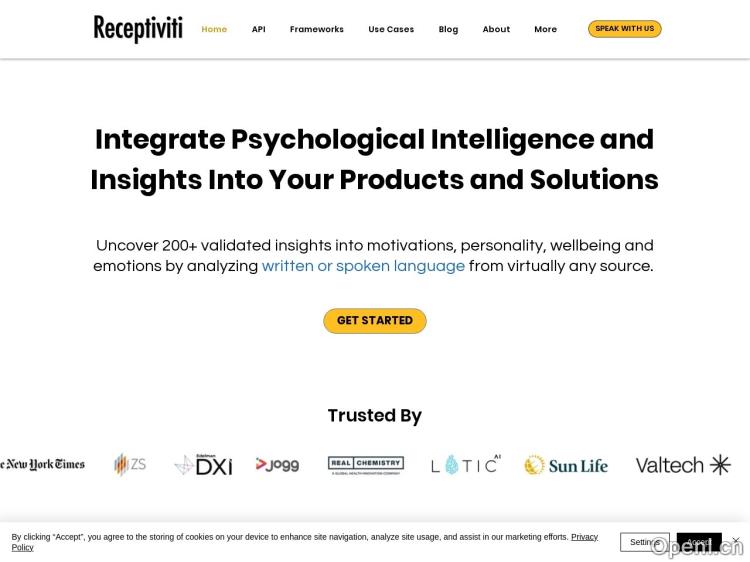
"Trade with confidence, grow with discipline — the right funding can turn skill into capital."
Stepping into the world of prop trading feels a bit like finally getting the keys to a race car you’ve been dreaming about driving — except the track is the global market, and every lap is measured in pips, ticks, and percentages. Funded prop trading programs have surged in popularity over the last few years, promising traders the ability to work with significant capital without risking their own savings. Sounds perfect, right? But anyone who dives in quickly realizes there’s a hidden layer to this game: costs and fees.
The truth is, while funded accounts can open doors, the fine print of program fees, challenge costs, and profit split arrangements can shape your entire trading journey. Understanding these numbers isn’t just about budgeting — it’s the difference between building a sustainable career or burning out chasing unrealistic targets.
A funded prop trading program is basically an arrangement where a proprietary trading firm provides you with capital to trade financial markets like forex, stocks, crypto, indices, options, and commodities. You prove your skills through a challenge or evaluation stage, and if you pass, you get access to a funded account.
The core idea: your skill, their money, shared profit.
Unlike traditional brokerage accounts, prop trading setups usually come with a series of costs that look small at first glance but can stack up fast.
1. Challenge Fees Most programs require traders to pass a simulated trading challenge. Think of it as a driving test before you’re allowed on the highway with a Ferrari. These entry fees can range anywhere from $50 for a small account to over $1,200 for large capital accounts. They’re non-refundable, so every failed challenge is a sunk cost.
2. Monthly Platform or Data Fees Even after passing, some programs bill traders monthly for access to premium market data, trading platforms, or risk management software. For example, futures prop firms might charge a platform license fee, while forex-focused ones could add real-time spread data costs.
3. Profit Split Arrangements This is where the biggest piece of the pie gets decided. Common splits are 80/20 or 90/10 — in your favor — but some firms start low and increase your share as you prove consistency. That cut directly impacts your annual income potential.
4. Withdrawal or Administrative Fees Certain programs charge for payouts or for processing multiple withdrawals within a month. It’s not huge, but it adds friction to getting your money out.
Some traders get frustrated with these fees, but in reality, they’re part of the infrastructure that keeps prop firms operational. Data feeds, compliance checks, trade monitoring software, and risk teams all cost money. The program fee is essentially your buy-in to that ecosystem.
From a trader’s perspective, think of these costs as part of your business expenses. Just like a café owner budgets for coffee beans and electricity, a prop trader should budget for challenge resets or monthly software costs. If you’re successful, these expenses become proportionally small compared to returns.
One big advantage of modern funded programs is the ability to trade across different asset classes. Whether you’re scalping EUR/USD in forex, catching breakouts in NASDAQ futures, buying dips in crypto, or hedging commodities like gold and crude — you can explore strategies that work best in different volatility regimes.
This variety helps traders smooth out income streams, reduces dependency on one market’s behavior, and keeps skills sharp. But it also means learning each market’s fee structure and risk profile — crypto has higher spread costs, stocks might face market maker fees, options can have complex commissions.
We’re in an interesting era. On one hand, traditional prop firms are refining evaluation systems to spot disciplined traders faster. On the other, DeFi (Decentralized Finance) and blockchain innovations are reshaping access to capital entirely. There are already blockchain-based prop structures experimenting with smart contracts that automatically distribute profits, cutting admin fees and delays.
But challenges remain: smart contract code risk, regulatory uncertainty, and inconsistent liquidity. Still, as AI-driven financial trading tools mature — from predictive market models to automated risk management — traders backed by funded capital could find themselves with more edge, fewer manual tasks, and better decision speed.
If you’re considering joining a funded prop trading program, here are actionable ways to stay ahead:
Funded prop trading is not a free ticket to unlimited earnings — it’s a structured partnership with clear rules, costs, and shared risk. Treating those fees as part of your business model, rather than as annoying obstacles, can help you build a sustainable career.
And maybe that’s the marketing line every firm should run with:
"Your skill deserves serious capital — just bring the discipline to make it grow."
If you want, I can also craft an SEO-friendly headline variations list for this piece so it has better reach online. Do you want me to pull that together?